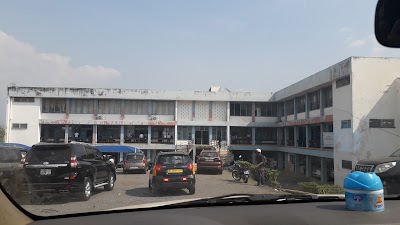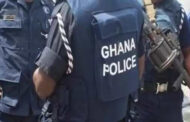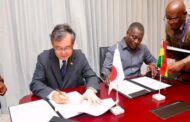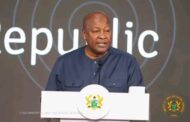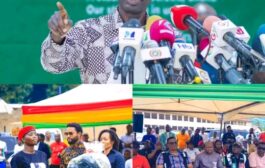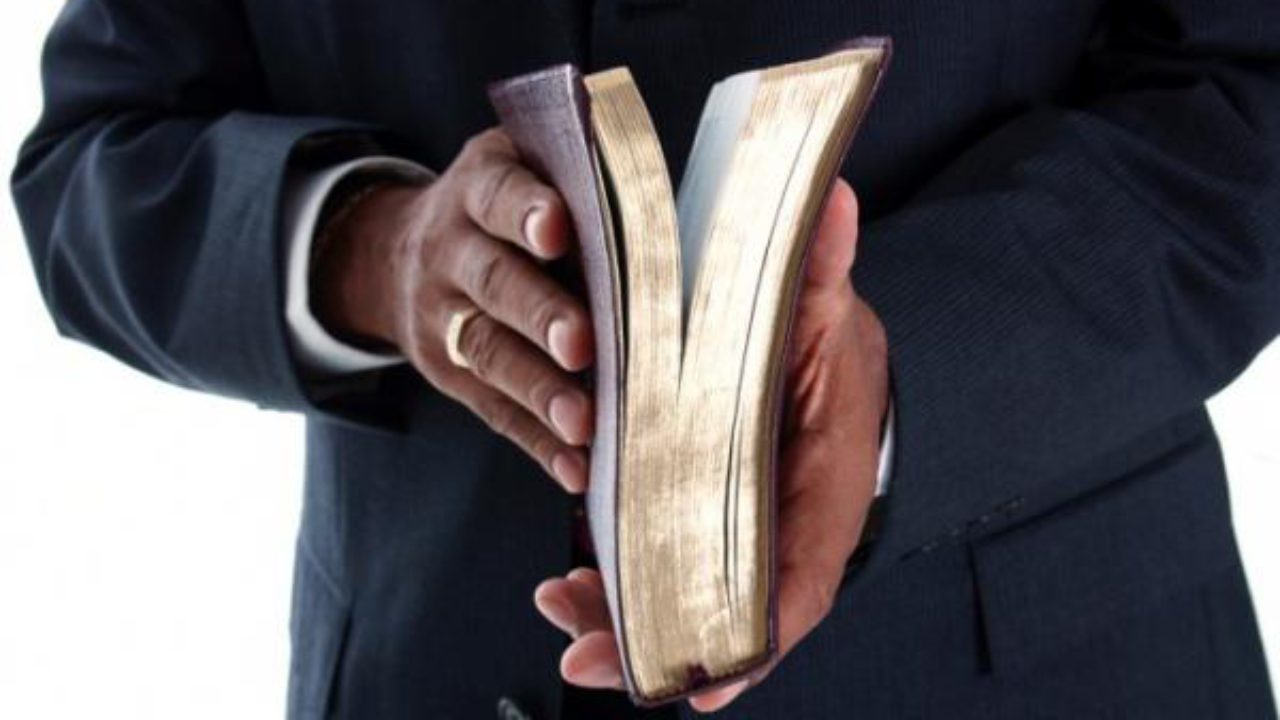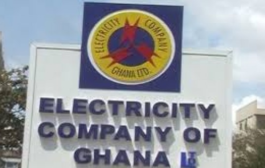Thirty-four (34) Jurors at the Koforidua High Court in Eastern Regional Capital are threatening to boycott court sittings over non-payment of differences in allowance since last year.
Bryt FM has gathered that the aggrieved jurors gathered at the precinct of the High Court Wednesday morning of February 23, 2022, to once again petition the judicial service and immediately withdraw their services.
However, they were convinced that the arrears were going to be paid today hence have temporarily suspended their intended action.
Information gathered indicates that the judicial service of Ghana increased allowances of jurors in the country from Ghc30 for transportation and Ghc50 as sitting allowance per appearance to Ghc100 for T&T and same per sitting.
However, the jurors in Koforidua high court were not made known until they found out from other regions.
They provided evidence of the circular that contained the increment to the accountant and management but they were still paid the old allowances in the first quarter of 2021.
The increment however reflected in second-quarter payments for April, May, and June.
The jurors submitted a petition for full payment of July arrears and the five-month differences of the increment, however, have not been paid.
They served notice that they will advise themselves if, by February 7, 2022, their grievances were not addressed hence their intended action.
The jurors at Koforidua High Court have also bemoaned the lack of office accommodation. They sit under mango trees whenever they came to court since they were ejected from an office they occupied in past years.
The jurors become stranded during rainy seasons.
Ghana is one of the few African countries that still use juries.
The jury system was introduced under British colonial rule and is still used for the prosecution of the most serious criminal offenses.
Ghanaian juries are composed of seven individuals randomly selected from a list composed mainly, if not exclusively, of civil servants. Their responsibility is to decide, based on the evidence presented in court, whether a defendant is guilty of the offense for which they have been charged.
Ghana’s 1992 Constitution promulgates the use of judges and jury in the trial of accused persons standing trial for offenses whose punishment is death or imprisonments, other than high treason or treason.
They are however not involved in sentencing.
Article 19 (2) reads, “A person charged with a criminal offense shall (a) in the case of an offense other than high treason or treason, the punishment for which is death or imprisonment for life, be carried by a Judge and Jury.”
The jurors are not staff of the Service but appointed from organizations and civil service.
Source: Mybrytnewsroom/Obed Ansah



